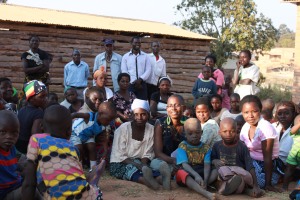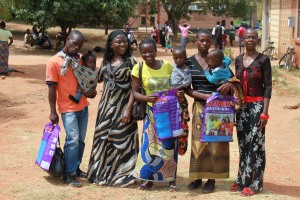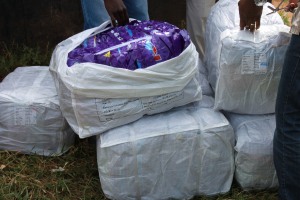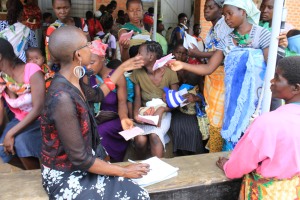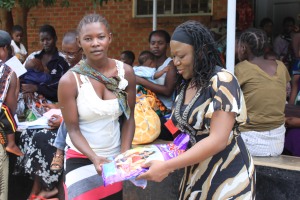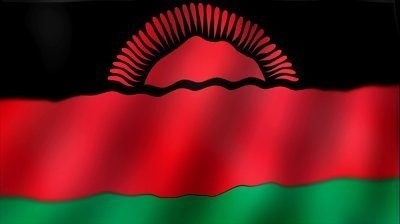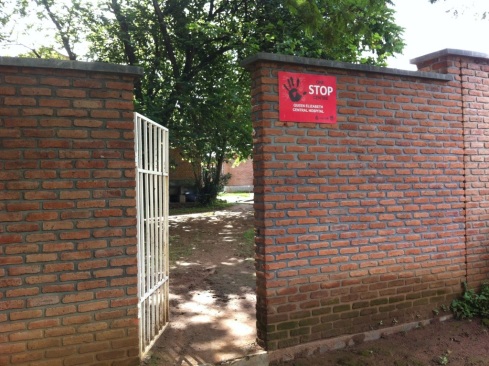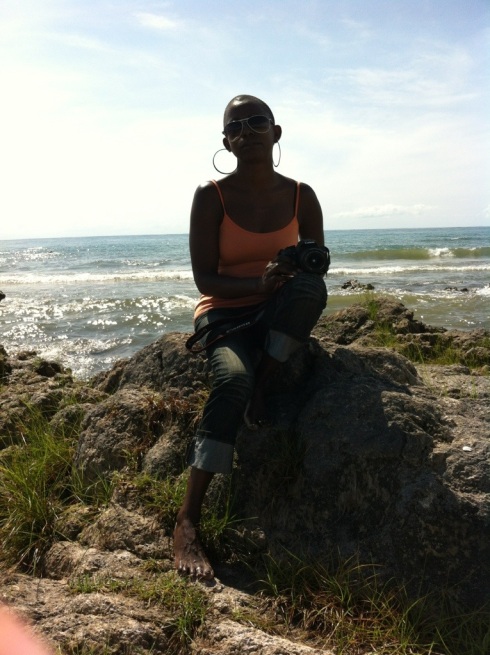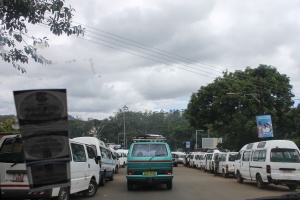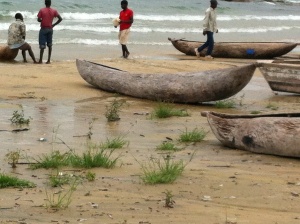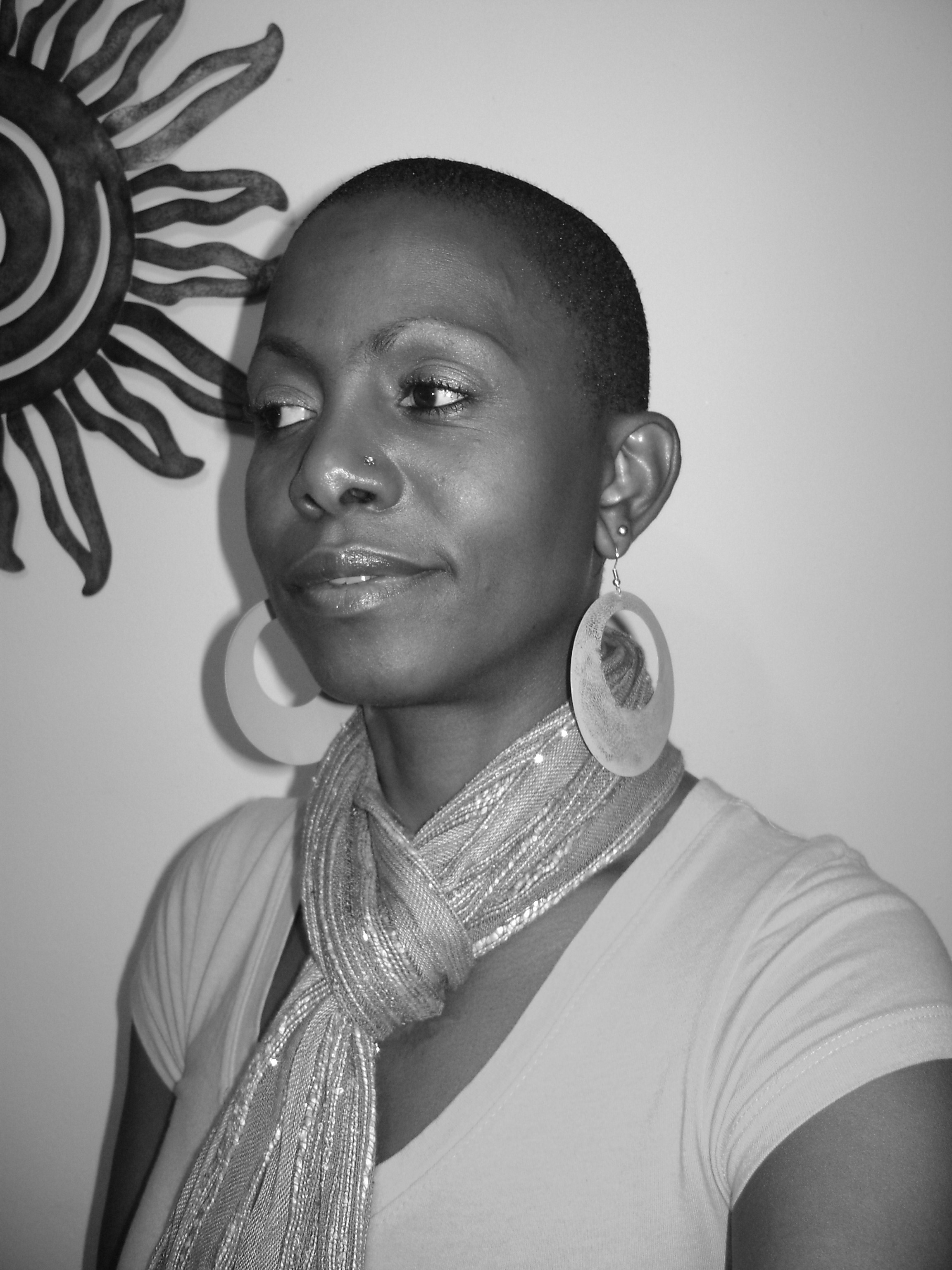On the 9th of December I clocked in two years since I landed home to begin the new chapter of my life. It’s been a growing up/advanced maturity phase. Life hasn’t not been easy; a reminder that our plans could change at the blink of an eye. My outlook on life has changed tremendously.
During the first year I got myself re-oriented to the country of my birth. I’m from the school of thought that one learns through criticisms and different experiences. Since we can’t make all the mistakes, it is wise to learn from those made by others. It’s a learning process worth living and one I don’t regret.
On Facebook I get asked why I came home a lot. The answer is simple. I was born, raised and belong to Mai Malawi. Besides, why shouldn’t I?
Other popular questions especially from those in diaspora are “how are you fairing in Malawi, is it safe to come back home or what’s the political climate like?”
Political Climate
Truth be told, the best indicator of the political climate would be the drama of the May 20th tripartite elections.
Based on the elections I’ve come to the conclusion that we are a confused nation, one lacking integrity, very corrupt, selfish and very unrealistic. Life at home seems normal until you hit other countries. The when sight of impressive structures like airports and roads makes one realize the selfishness and plain disregard for development by our leaders.
The new report by the Malawi Human Rights Commission (MHRC) will also vindicate me on this issue. As for most of our “new crop” of representatives, and as someone looking on from the outside, it’s pretty obvious the only agenda they want to advance is theirs. The recent pay hikes and he silence is good indicator.
Of Healthcare and Patient Rights in Malawi
In the first year home it became clear that to get anything done I had to be firm in my decisions instead of backing down. Had I conformed to the system, I wouldn’t be sitting here about to write about patient’s rights and how we as a country are lagging behind on this front.
Around October last year my mum got sick. She complained of stomach pain. After a few consultations and ultrasounds, the doctor’s diagnosis was gas. Mum responded positively to the prescribed medicines. Looking back now, her getting better especially around December had more to do with the excitement since my sisters and her family were home for the holidays.
However, the relief was short-lived. Things took a turn for worse in January after my sister’s departure. Mum was definitely not fine. More doctors’ visits and ultrasounds were done. During one of those visits the doctor suggested that she undergo an endoscopy to find what was causing the gas. She immediately scheduled the procedure for the next available date. The results showed some gas, something we already knew.
More test followed; more ultrasounds, colonoscopy then magnetic resonance imaging (MRI) of the abdomen. We were desperate to get to the cause of the pain. The tests were of no help. The doctors said she was fine. Like the herbalist we had seen, they said all she needed was to change her diet by increasing the fiber intake and she’ll be back on route to recovery.
Cause for Concern
I remember her joking with some folks as we were leaving the MRI building that she was left with no other option but to go to a sing’anga (witch doctor).
Amazingly enough, since she got ill her body started rejecting meats. This was serious.
Her instinct told her it was more than gas bothering her so she asked the radiologists if there was another machine apart from the MRI that could detect her problem. A CT-scan he said. Unfortunately the only working CT-scanner in a public hospital was in Lilongwe, over 350 km away. For a shortfall fee of MK 20,000 (VIP scheme membership) we got booked for a 5:30 am pick up the next morning.
We arrived in Lilongwe at Kamuzu Central Hospital (KCH) at 8:30am. At the radiology department I presented the doctor with our prescription from the radiologists. After reading the prescription he looked up and informed me that he couldn’t do that particular test as they didn’t have syringes. I couldn’t believe my ears and I almost lost it when the doctor suggested that for MK100,000.00, we could get the same test done at the African Bible College (ABC) private clinic instead of the MK27,000.00 at KCH.
By this time we had already spent a lot of money on misdiagnoses in the past months.
The American experience kicked in. I politely told him to do whatever he could even if it meant modifying the test that I didn’t care if they had to change the test. We were getting a scan done before heading home. After about close to three hours of consulting with the radiologists in Blantyre, mum went under the machine and got the test done. We collected our disc with the results and left for Blantyre.
We got the news the following day that the cause of the problem was a pancreatic mass. Though not sure if it was malignant or not, we were all quiet because mum’s younger sister died of pancreatic cancer.
I asked the usual questions but couldn’t help thinking of what would’ve happened had I not insisted on the scan. The doctor asked me this question, “what do you think would’ve happened to the old woman from Bolero if she had been told they couldn’t run that test?” Answer was simple “she would go home to die.” Knowing me personally the doctor cautioned that though there was loads to write about on the topic, my main focus should be on mum’s health.
Bangalore, India
On April 14th we landed in Mumbai India on a hot and humid Monday morning then connected to Manipal Hospital in Bangalore. The next day we were in consultations and tests. Mum was prepared and scheduled for surgery the following morning. On Wednesday the tumor was confirmed as pancreatic cancer. After a consultation between the surgeon and oncologists they started her on chemotherapy the following Saturday.
Two week later she went through another surgery to drain the bile ducts after she developed obstructive jaundice. Days after the surgery, she started showing signs of improvement.
Before we knew it the May 20th tripartite elections were upon us. Mum was not fully recovered yet but knowing how passionate I am about politics she supported me the best way she could by asking of news at home. I was careful not to give her too much information. If I needed a reminder of how loving, caring and understanding she is then this was it. My wish was to be home casting my vote but reality had me in India right by her side.
Road to Recovery
Months after arriving home from India mum is slowly improving and getting back to a somewhat normal routine. She is back to attending church and meetings when she can. Her favorite pastime is gardening and cooking. In the past three weeks she’s made batches of different flavors of homemade jams which she has sold to her church family. I sometimes feel she is overdoing it but the doctor advises that she is free to do what she likes. We are happy to see her happy and active.
Lesson Learned
1) Always stay positive, keep your heads a journey of sorts but we are grateful she is still with us and is resuming some of her hobbies. Me and her just spent the last month working on the church flowers almost a year after she last did them.
2) Learn how to stand firm in your decisions! I was not going to leave the hospital without a scan. I wouldn’t be surprised that some people may have had issues with my standing firm on my decisions throughout her illness even while in India. I argue it out, reason with them and together we would come up with a solution. I wasn’t going to let mum be some experiment. It helped us get the approval letter to leave for India and more. I’m glad we went.
3) Never give up! Whether it’s your own situation or someone you are helping don’t give up. Exhaust all options, challenge people and you will be happy and satisfied. Though no illness is good for a new business (mine) I’m grateful that I’m still charging on.
4) There’s a lot of work to be done to improve our healthcare system. The saying “Kuyenda nkuphunzira” (you learn more from studying other cultures or people) comes to mind. If there is ever a country that has progressed despite their high population and poverty levels and inspired me it is India.
As a country and a people we can learn from them especially in the field of healthcare. Mum was feeling better so a friend asked me what they do differently in India. I told him they care and do their jobs efficiently yet they don’t get paid much. I’ve never met hardworking, compassionate and people who do their jobs meticulously like them.
They love and take pride in their country while the opposite is true here. We read about our healthcare personnel stealing medicines from clinics to sell to our neighboring countries. How patriotic is that?
We need to review the healthcare system. As with everything else in the country, there’s a lot of laissez faire attitude in our healthcare system that it makes one both sad and scared. The lack of compassion in our clinics/hospitals is amazing. People are dying needlessly in Malawi because they are being treated for signs and symptoms. E.g., Panadol for a headache instead of finding out what is causing the headache.
I can’t speak for other departments but my opinion on the cancer clinic debate is that instead of thinking along the lines of patient care/rights, the issue has once again been politicized a topic and yet it’s of high urgency in the country. Building a new clinic in Lilongwe is fine but how about they complete the new ward at Queen Elizabeth Central Hospital (QECH) first? Some say the funds may be diverted to the new clinic. If this is true, then question is why when each project has a budget and money allocated to it?
One thing I’ve observed from talking to and observing several patients is that they are scared of reporting healthcare personnel for fear that they will be ill-treated next time they need medical attention. Their fear is real; I’ve seen it in mum who keeps hushing me up but has now given up. If I can’t fight for mum’s patient rights who will? Patients get screwed emotionally, financially, physically and psychologically all the while needing proper care yet they pay dearly for these services. E.g, one chemo session on VIP masm scheme is roughly about MK 76,000.00. One time when I complained of poor service the response was “monga simunalandile chithandizo mwabweleracho?” (Didn’t you get the help you came here for?)
As someone rightly put it, we survive by God’s grace.
5) Money can buy life! Let me explain and I’ll start with education. Without it one won’t likely research on what is wrong or take simple measures making an illness or life in general easier that it is. It’s common knowledge that most government healthcare institutions don’t have much to offer in terms of medicines and services. Draw backs like corruption, politics and lack of resources makes it hard for those willing to give it their all to execute their jobs effectively. One such institution is the cancer clinic at QECH. At the end of the day it’s the poor patients who end up suffering from the decisions made by our representatives.
The biggest question for me is, what is being done in the meantime to finish up construction of the new wards at QECH? Is it fair for the patients whose condition needs attention now and not two years down the road? A lot of people are losing their lives because they probably can’t afford to escape to better institutions which is sad.
6) When life gives you lemons you make loads of lemonade. I once challenged some women prisoners to keep journals of their experiences there. Some experiences either breaks you or makes you strong. Ironically I’ve never kept a journal till the day we landed in India. Between taking care of mum and establishing my business it has not been easy. There were nights in India I’d go to bed around three in the morning and be up early morning hours to start all over but every night I’d make an entry in my journal. Eventually God willing this will be a book of sorts or some series of published articles. I plan to write more about healthcare in Malawi from this experience.
I’ve taken the time to review, reposition myself, life and my business. I took advantage of the free time to read more about my trade. I’ve rearranged some plans and hopefully with time they will materialize.
7) Maktub meaning “for it is written”. If you’ve never read the Alchemist by Paulo Coelho then please do so. Good people are hard to come by these days. We’ve been blessed with family, friends and strangers who I believe were put in our paths just to help us throughout this journey. Their financial, physical, emotional and spiritual support is one we’ll forever be grateful for.
Be good to people you meet because you never know when you’ll need them.
8) Education is key! Education helps build up ones character and hopefully their confidence as well. Due to ignorance and illiteracy, I doubt very much that the masses are consulted when it comes to policies to do with many issues including healthcare. Also, for most instead of seeking proper help or a cure for their illness or problems, the thinking is that they’ve been bewitched. Some solutions can be found in books and online; if you can read you can do just about anything. Knowing the signs, symptoms or taking time to ask questions, seeking a second opinion will help prevent a catastrophic effect in our lives. Mum had two different surgeries based on guess work lined up for her. The diagnosis was not even close! Our assignment as a family is to read more on pancreatic cancer to catch it early (if possible) since it seems to be a hereditary disease. The same is true when we study various conditions and situations in our lives. Knowing what you’re dealing with helps to manage it thus one can also learn through others mistakes.
9) Love, honor, cherish and shamelessly pamper your parents and loved ones!! Very grateful to God for where I am in life, for trusting my gut feeling and packing up and returning home to stay. Don’t question God on the why’s and how’s rather be thankful and grab the bull horns and find a way of making it through all the while loving what you’re doing. It is hard I know but try. I’m thankful of where I am in life. I’m glad I came me home a year before mum got sick. It gave me time to know and understand our people.
10) Be thankful for every experience in life. Learning from my work, personal and other people’s experiences paid out. I knew we had a big case ahead of us being that pancreatic cancer is the most aggressive. I made sure to ask questions, read up on the right diet and care for mum and applied it wherever possible. My discipline and lifestyle helped a lot because I was both physically and emotionally equipped to handle the case if not I would’ve gone crazy caring for mum. I now understand why I changed it all some 5 years ago. In a way it was my boot camp for caring for her and living life in Malawi after being gone for so long.
11) Be very patient and willing to sacrifice…a lot! Lately my favorite word is “improvising” and that’s because without it you can’t survive in Malawi. A good example is how today I had to use molasses in place of gravy browning for my cakes. They turned out ok. No gravy browning the whole town. It requires a lot of patience to live here. The lesson in sacrificing comes with mum’s illness. I have to prioritize since her medicines are very expensive. I’ve found myself doing without internet, no outings bad for business but the medicines are more important. I find other ways of marketing my products. And so life goes on….
The lessons are many but I have to stop here. From my family to yours, wishing you all a Very Merry Christmas and a Happy New Year.

